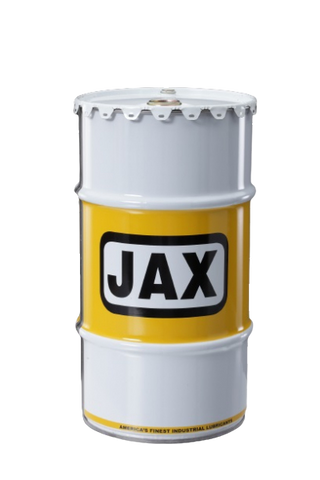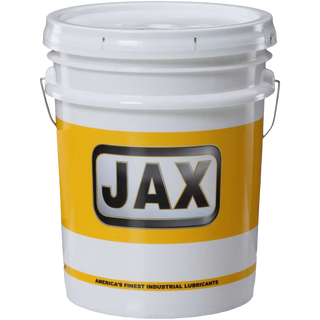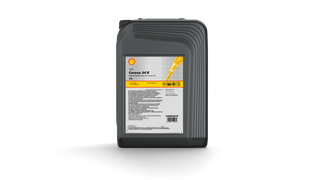Gear Oils
Sort + Filter
What gear oil?
The choice between mineral and synthetic gear oil depends on many factors, such as gear type, operating conditions, budget, and the expected performance and service life of the gear.
Synthetic gear oil
It has a number of advantages that make it often preferred in many applications:
- Higher Performance:
Synthetic gear oils are characterized by better lubricating and thermal properties, which ensures effective protection of gears against wear, abrasion and corrosion. Thanks to this, the gears work more efficiently and retain their efficiency for longer. - Resistance to extreme conditions:
Synthetic oils have thermal stability that allows them to operate in extreme temperatures, both high and low. They are more resistant to oxidation and thermal degradation, which makes them more suitable for heavy-duty and intensive applications. - Better fluidity:
At lower temperatures, synthetic oils have much better fluidity than mineral oils, which makes it easier to distribute the lubricant in all parts of the transmission. This ensures faster access to lubrication points and protection of the gearbox from the very beginning of operation. - Longer service life:
Due to their advanced lubricating and protective properties, synthetic oils often require less frequent changes compared to mineral oils. This translates into lower operating costs in the long run. - Wear protection:
Synthetic oils reduce friction and wear of transmission elements, which translates into increased durability and life of the entire mechanism. This translates to less need for maintenance, replacement of parts and energy consumption to operate.
Mineral gear oils
They have their advantages and applications, and above all:
- Price
Mineral oils are typically less expensive than synthetic oils, making them a more economical choice, especially for lower value machines and vehicles or applications with lower performance requirements. - Wide availability:
Mineral gear oils are widely available in automotive and industrial stores, making them easy to obtain. - Standard Applications:
For many standard applications and lightly loaded gears, mineral oils can provide sufficient protection and lubrication.
In conclusion, the choice between mineral and synthetic gear oil depends on individual needs and application conditions.
Synthetic oils are usually preferred in applications that require high performance, extreme operating conditions and long gear life.
Mineral oils, on the other hand, are more economical and may suffice for light duty standard applications.
It is also worth remembering that machine and vehicle manufacturers often specify the recommended specification of gear oil, so it is worth consulting with them to choose the most appropriate oil for your application.




















